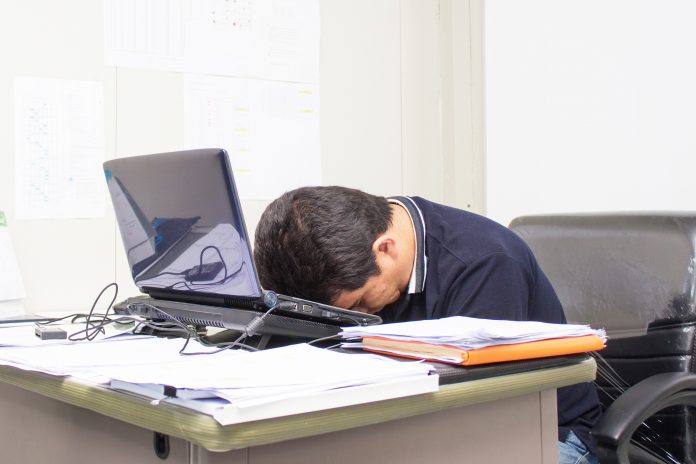Kuala Lumpur, Malaysia is a vibrant city that acts as a melting pot for a diverse range of cultures and businesses. As such, it has developed into one of the prime tourist locations within the Southeast Asian region. However, a recent study has revealed that the lives of local residents could be better.
Kisi, a US-based IoT and security technology company, recently conducted a study which examined cities around the world to find out who promoted the most holistic work-life balance. Unfortunately, Kuala Lumpur ranked 40 out of the 40 cities surveyed.
The study was based on a number of factors, including workers’ overall work-life score (which is based on other factors such as working hours and vacation days taken) and the extent by which residents gain access to equal treatment such as welfare programs. The study also determined each city’s liveability score by examining citizens’ overall happiness, safety, and access to wellness and leisure venues, which allowed the company to evaluate whether residents can enjoy their environment after office hours.
In total, Kisi utilised an index comprising of 20 factors to determine top 40 metropolises around the world which not only recognise the importance of a work-life balance, but also actively works towards encouraging a better balance directly and indirectly though urban infrastructure development and policies.
Of the cities that were found to promote the most holistic work-life balance were Helsinki, Munich, and Oslo, who topped the list. On the other hand, the most overworked cities in the study were Tokyo, Singapore and Washington DC, with Kuala Lumpur taking the fourth spot.
In addition, the study also found that citizens in Oslo work the least number of hours per week, averaging at 38.9. Helsinki took the top spot for number of maternal and parental leave days at 1127 days. Oslo also has the best access to mental healthcare as well as the highest gender equality score, at 77.9.
Cities such as Singapore, Tokyo, and Toronto have all placed very high in terms of residents feeling safe, while Helsinki, Oslo, and Zurich have the highest happiness score.
“Despite living in an era where unprecedented advancements have been made in technology and connectivity, we have failed to address the most everyday aspect of enhancing our everyday lives – finding the balance between work and leisure. We hope that this study highlights the need for more research to optimise the well-being of citizens in order to counter the psychological and economic costs of workplace stress,” said Bernhard Mehl, CEO of Kisi, in a press release.
Mehl stated that workplace stress contributes to at least 120,000 deaths a year, costing up to an estimated US$190 billion in the U.S., according to a study by researchers at Harvard and Stanford.
“Altogether, this proves that we need to prioritise our understanding of the role of workplace intensity in healthcare and well-being. When you see these figures, it makes so much sense not just for individuals but also for the companies that employ them to ensure that their employees’ needs are met. The end result is not just a happier, healthier workforce, but in the long-term, a more economically viable one,” ” states Mehl.
According to Kisi, this index is not designed to be a city liveability index, nor is it intended to highlight the best cities to work in. They also state that a score value of 100 does not mean a city is perfect with regards to work-life balance. Rather, it means that the city possesses the healthiest work-life balance out of all the cities in the index. Likewise, a score of 1 does not necessarily mean that the city has a poor work-life balance in the greater global context.
As such, cities that are ranked at the lower end of the index are not necessarily the worse places to work in within a global context. The index merely states that the work-life balance and liveability could be improved.






















